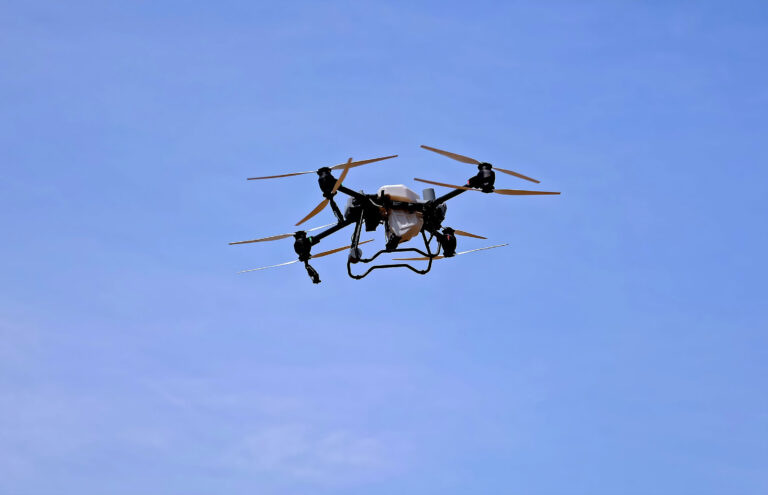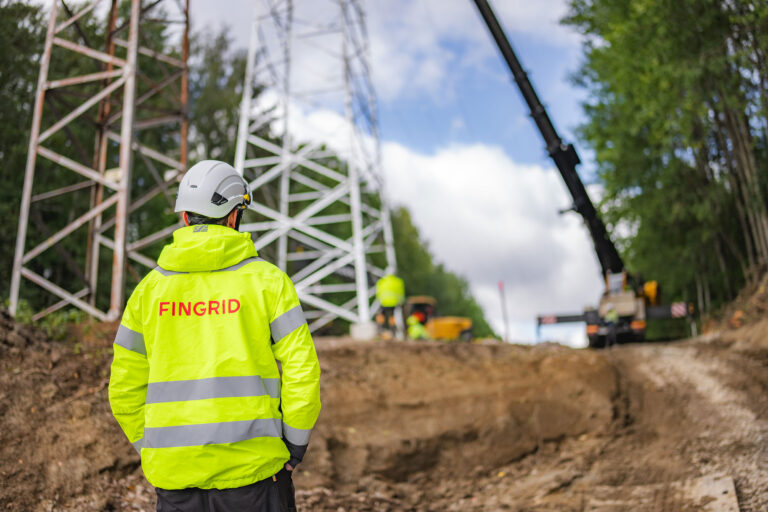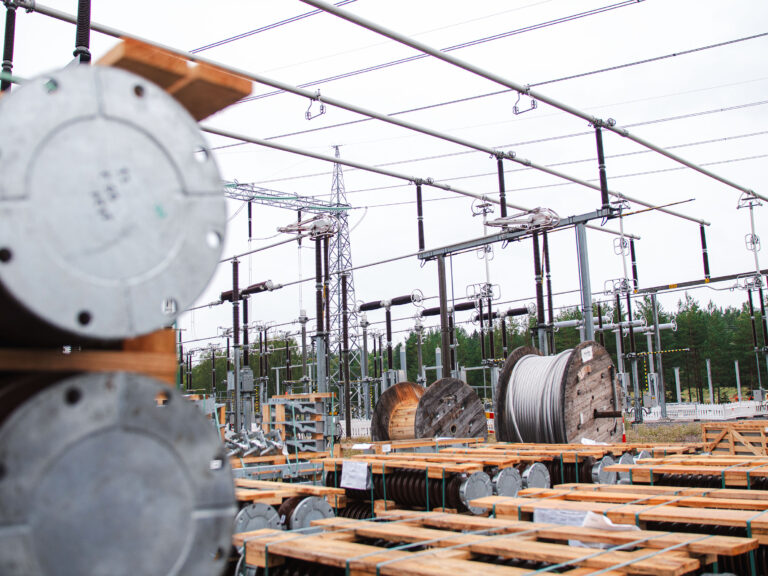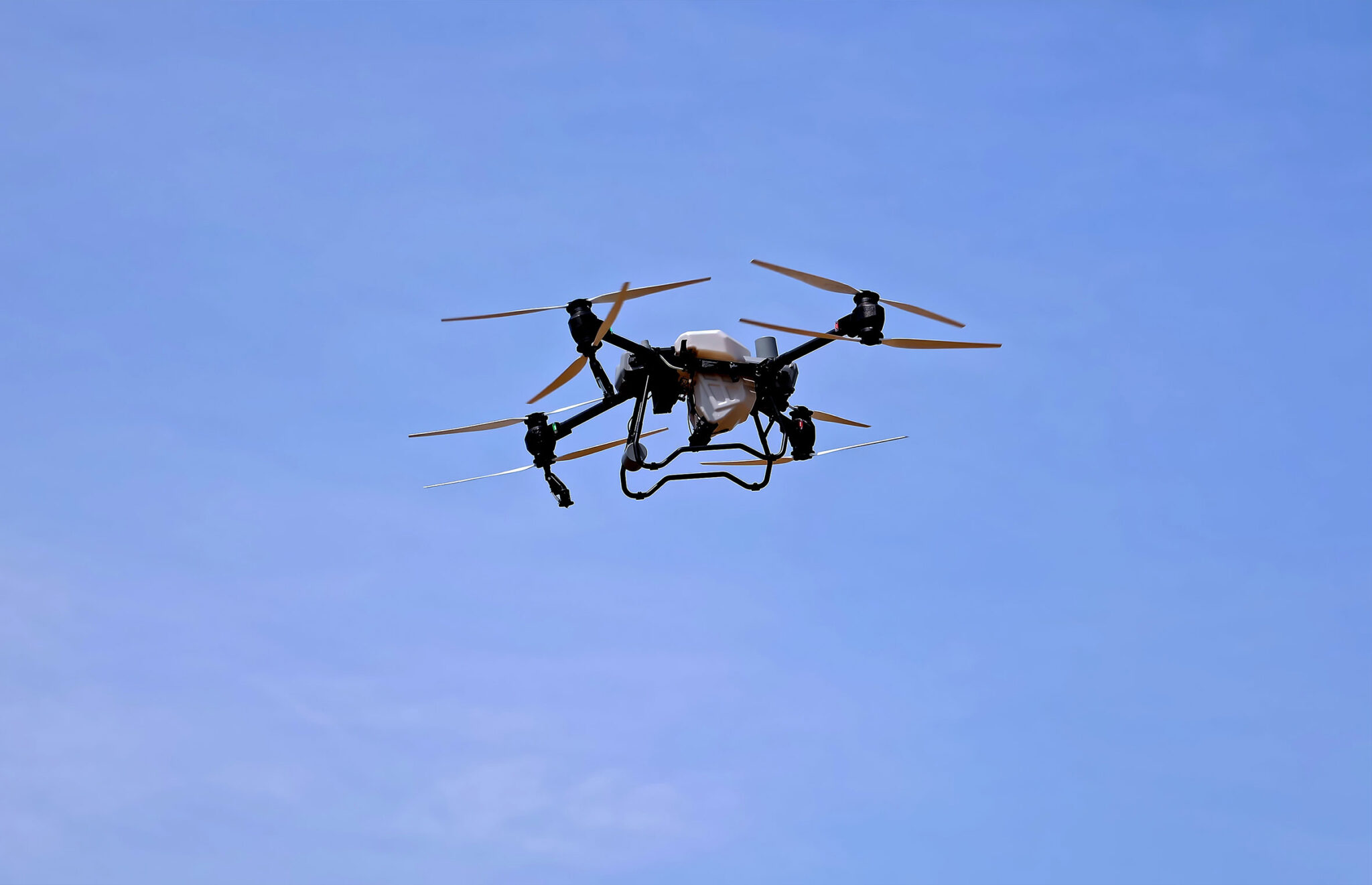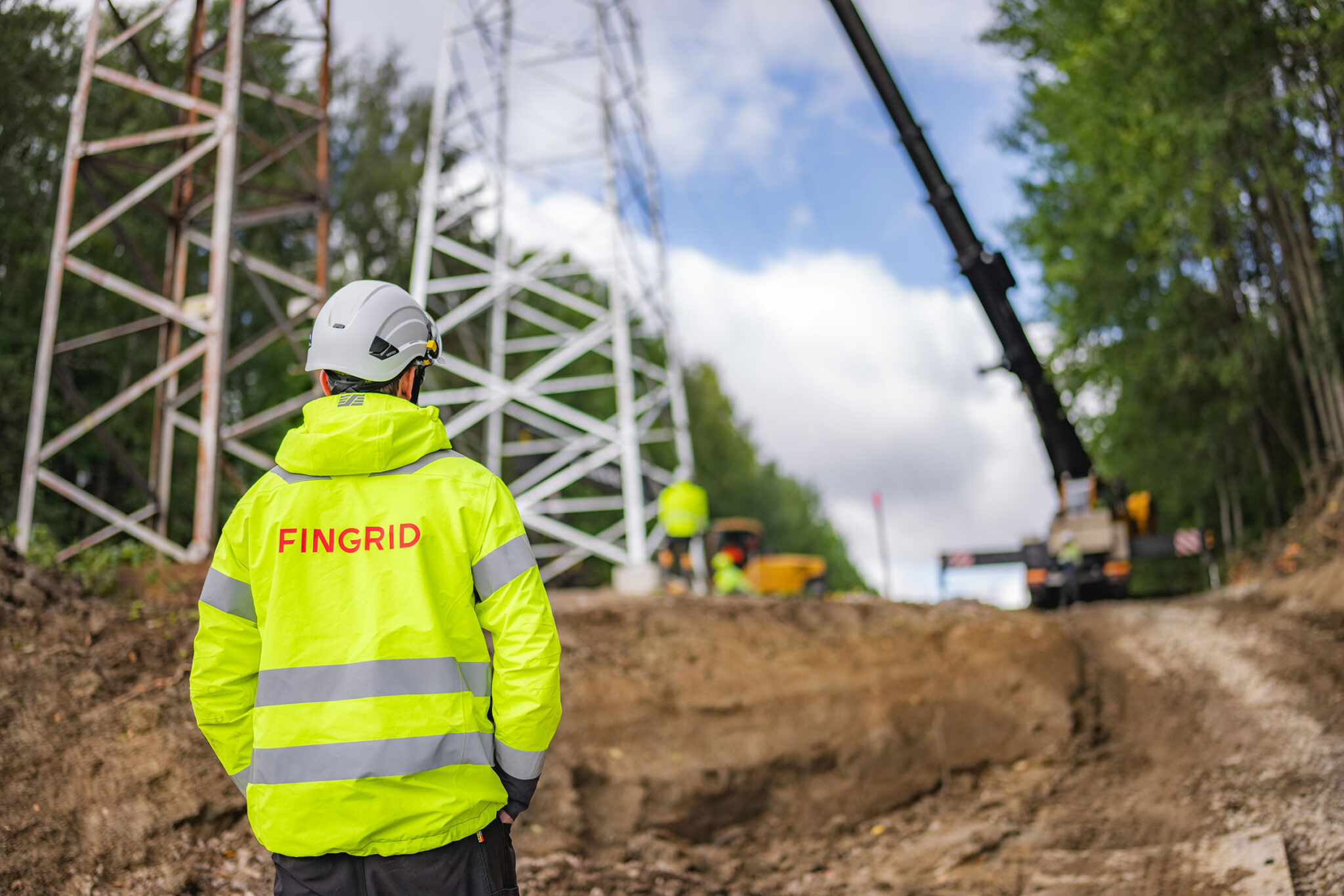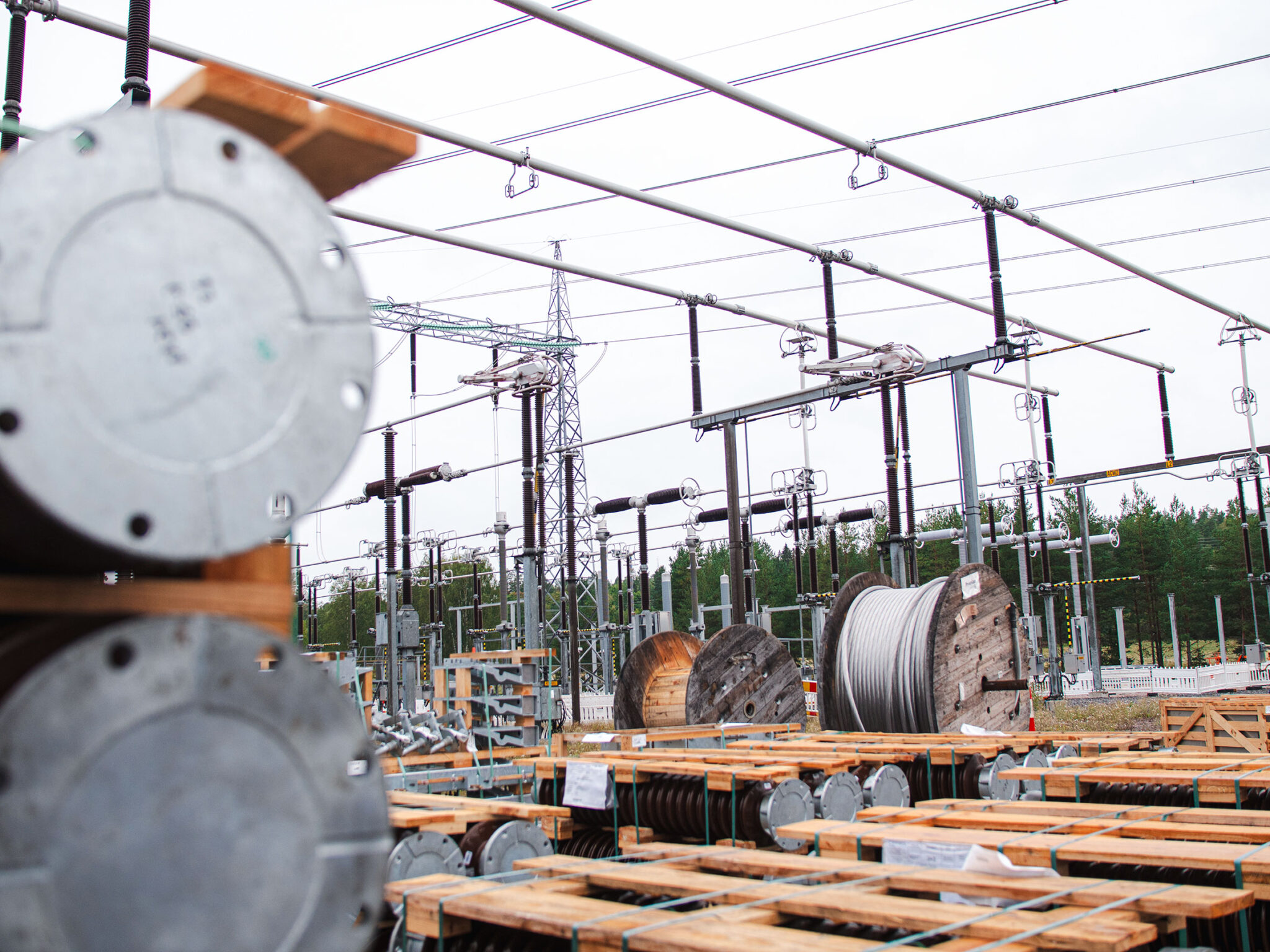Vattenfall:
Appreciation for the work of customer committees
Customers appreciate the open dialogue in Fingrid’s customer committees. According to the companies involved, committee work is an effective way of sharing views about the operating environment in the energy sector and discussing questions related to the energy revolution.
At present, Fingrid has three customer committees: the MainGrid Committee, and the Market Committee.
These advisory organs convene four times per year.

According to Elina Kivioja, Vattenfall’s CEO and ex chair of the Advisory Committee nominated by Fingrid’s Board of Directors, there was a good team spirit in the Advisory Committee, and it was possible to openly discuss themes of concern for customers.
“The quality of discussion has improved in recent times, and customers have also been proactive in posing questions for the transmission system operator to give its views on,” Kivioja says.
She says that the reports provided by Jukka Ruusunen, Fingrid’s President & CEO, about Fingrid’s latest projects and development sites contain important information about upcoming projects and help customers to plan and schedule their own future investments.
Nordic transmission system operators could take inspiration
Elina Kivioja praises Fingrid for its customer-oriented approach, which is exemplified by the collaboration on the work in North Karelia to renew main grid transmission lines and build a new substation to ensure that Vattenfall’s Pamilo hydroelectric power plant can operate without disturbances.
“Fingrid asked us to give our views and took them into consideration during the planning phase. The projects have progressed as expected. Other Nordic transmission system operators could learn from Fingrid’s customer-oriented approach,” Kivioja says.
Oulu Energy:
Networking and interaction
Oulu Energy’s Director of Sustainability and HR, Katja Virkkunen, has chaired Fingrid’s Main Grid Committee. She values the exchange of information between the representatives of network operators, industry and production when the committee convenes four times per year.
The committee’s meetings are themed around topical issues, leading to a more structured way of working, as the committee members can prepare in greater depth before each meeting.
“Discussions have been very active, and they have promoted networking between operators in the sector,” Katja Virkkunen says.
The coronavirus pandemic has forced the committee to meet online instead of in person, but communication has remained good despite the extraordinary circumstances.
Fingrid also has a strong regional presence
Katja Virkkunen describes the collaboration with Fingrid as vital, as Oulu Energy is working on several substantial investment projects for which solid collaboration with the transmission system operator is essential.

“Connecting our new bioenergy power plant to the grid is a big thing for us. Fingrid has worked with us to ensure that the power plant meets the grid system’s requirements,” she says.
Advance information on Fingrid’s large upcoming substation investments has also helped Oulu Energy to coordinate its own future investments.
“When we work together, we can synchronise our schedules and minimise the outages suffered by customers,” Virkkunen continues.
Katja Virkkunen also appreciates Fingrid’s active involvement in the regional power area committee for Northern Finland and its work in the regional risk assessment working group.
“Improving contingency planning and analysing risk assessments are key themes for a society that is increasingly reliant on electricity. It is important that we work together to consider how we can prevent or minimise the duration of disturbances and ensure rapid power restoration in the event of a problem,” she says.
Constructive feedback for the Datahub project
According to Oulu Energy’s Katja Virkkunen, the introduction of Datahub, Fingrid’s centralised information exchange system, demands close dialogue with every operator in the sector with regard to the energy revolution and the future development of the operating environment. Virkkunen also has some constructive feedback to offer to the Datahub project.
“Datahub has undergone some challenges during its development, but things are now moving in the right direction. As the project progresses, the companies associated with the project have had the opportunity to voice their opinions, but it remains a little unclear how these matters have been taken into consideration. This may be more of a communication difficulty. Now that the system suppliers have been included in the dialogue to a greater extent, there has been faster and more favourable progress,” Virkkunen says.


